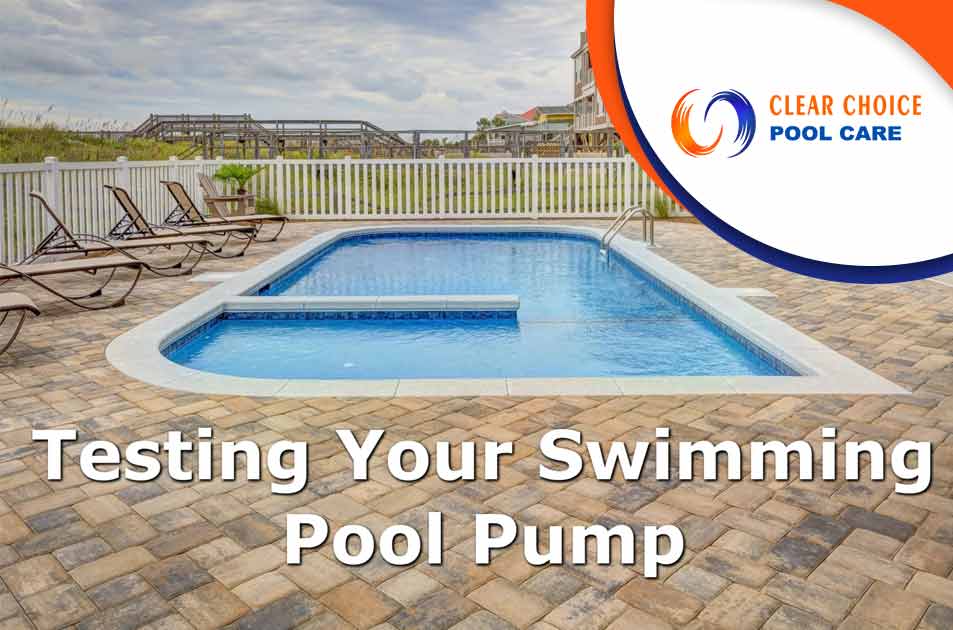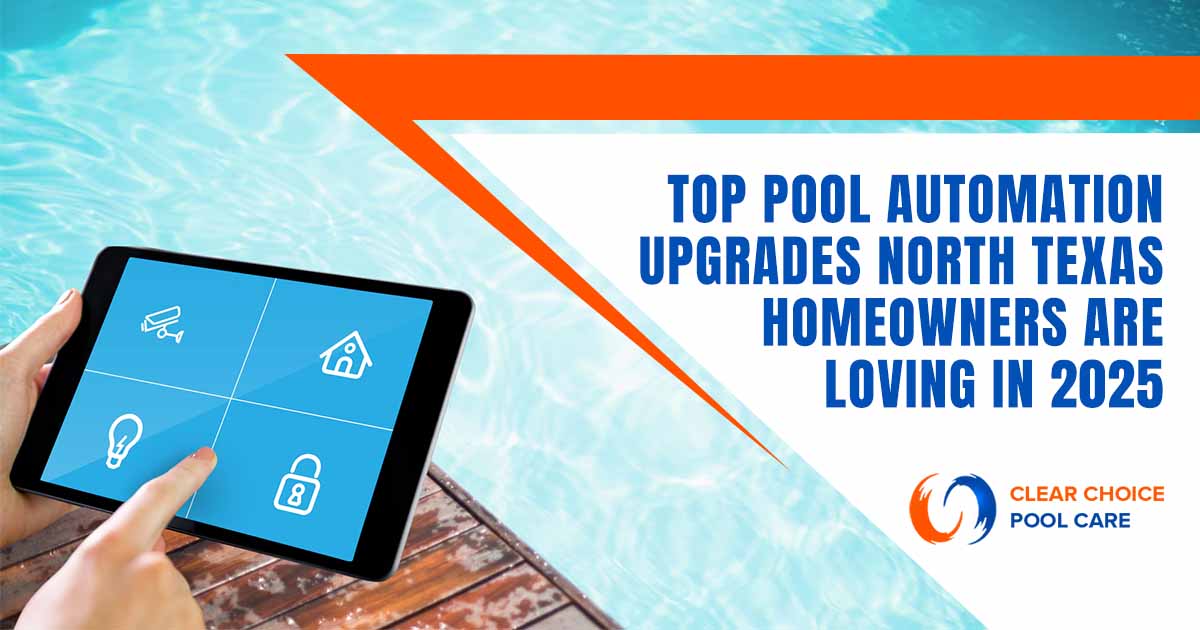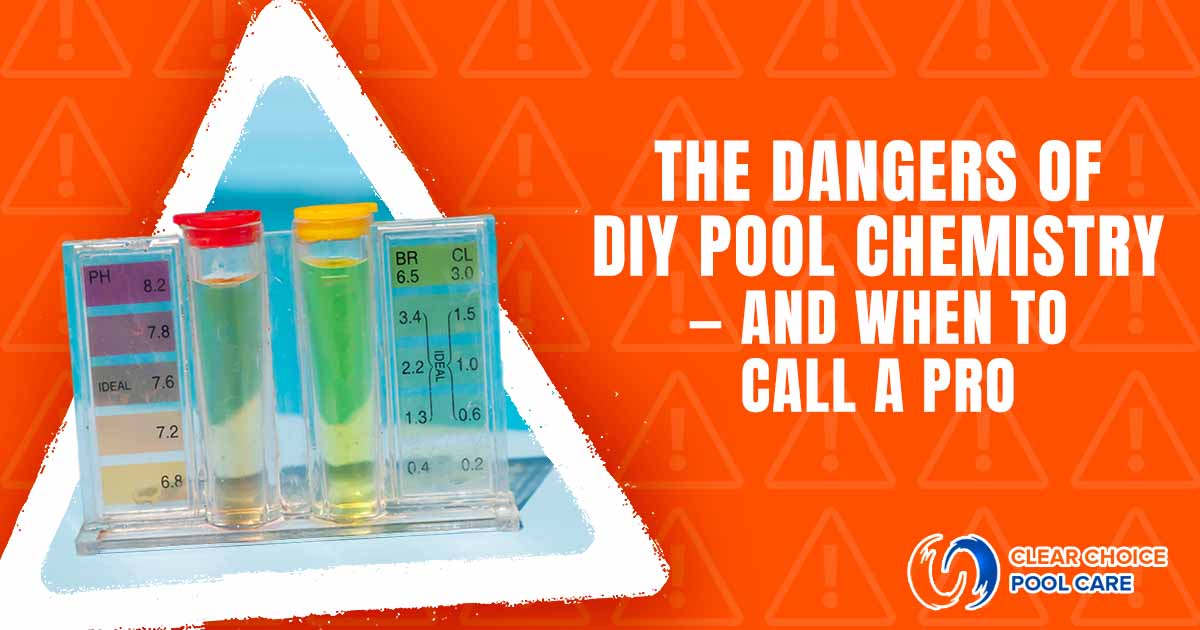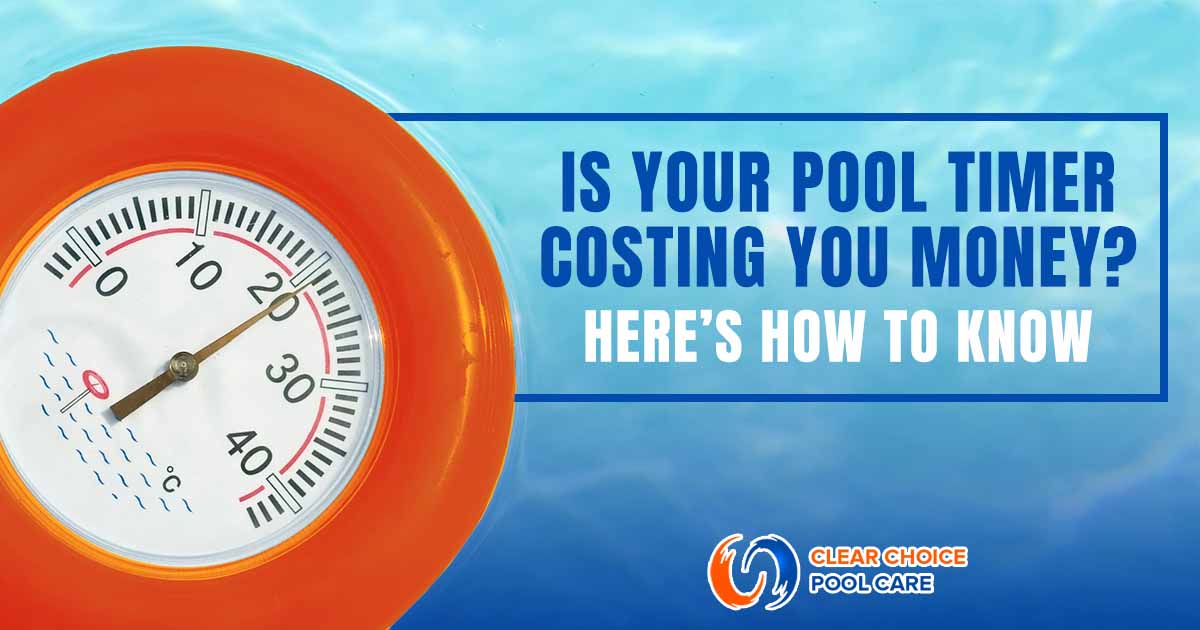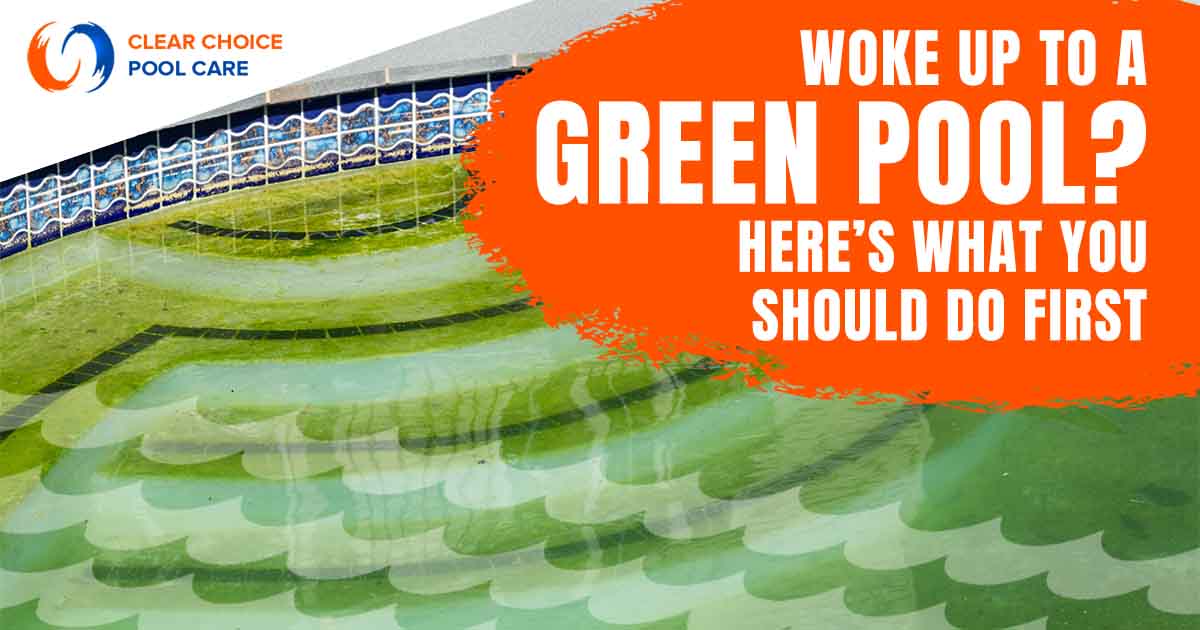Whether you have a traditional pool or a saltwater pool, testing your swimming pool pump is a vital part of keeping your pool healthy and well maintained. We all love taking a refreshing dip in our pool when it gets hot outside. Pools are also a great way to maintain a healthy and active lifestyle. Swimming is some of the most demanding exercise after all.
However, going for a swim can be ruined when your pool’s water isn’t clean. One of the major functions of a swimming pool pump is to maintain a pool’s water by circulating it through the pool’s filtering system. Because pool pumps are constantly running, they often have issues with malfunctioning or breaking due to stress. However, with the right tips, you’ll know what to be vigilant for when trying to test your pool’s pump!
How Does a Swimming Pool Pump Work?
A swimming pool pump works similarly to how other water pumps work, but they are on a closed loop system. A closed loop system simply means that the water in your pool stays in your pool and circulates continuously. A pool pump is one of the most vital components of the swimming pool because it’s not only responsible for circulating the water, but also, it’s responsible for cleaning the water.
Many people associate the filter with cleaning water, however, that’s only partially the story. A swimming pool pump actually cleans the water further. The way this works is the pool will naturally pull in water from the pool through the filter. The pool’s filter will clean up some of the debris in the pool, but inevitably, some of the debris makes it through the initial filter.
Once the water is pulled through the filter, it goes to the pump where it’s filtered again. After the water is filtered through the pump, it is pushed back out into the pool as clean, fresh water.
Are There Different Types of Pumps?
A swimming pool pump work on the same basic principal as other water pumps, however, there are different models of pump depending on the type of pool. Figuring out exactly which pump your swimming pool has will aid you in testing it and caring for it. Different models of pumps sometimes use different types of filter which is also worth noting.
A swimming pool pump differs in a saltwater swimming pool and a traditional chlorinated pool. Chlorinated swimming pool pumps generally have less components involved in them. Most chlorinated pool pumps consist of four parts: an initial filter, sand filter, a water pump, and a water exit. Saltwater swimming pool pumps consist of five main parts: an initial filter, a sand filter, a salt chlorinator cell, a water pump, and a water exit.
The salt chlorinator cell in a saltwater swimming pool helps maintain the pool’s salt levels and chlorine levels automatically. You can view a pool’s pump as a car’s engine. Sure, you may have the best tires, gas, and windshield wipers on the market, but if the engine doesn’t work, then you can’t drive anyway. Maintaining a pool pump will allow your pool to function properly and keep your water safe and clean.
How to Clean a Pump for Chlorine Pools
Now that you know one swimming pool pump can be different from another, you can start to figure out how to properly clean your pump. The first step in cleaning your pool’s pumping system is to turn off your pump. If you have a heated pool and the pump was recently on, wait for a few minutes before touching any other components so you will not burn yourself. Once the pump is turned off and the water is cool, close the skimmer and drain valves.
Next, make sure to close the filter valve to close. Now you can open the pump lid and remove the basket on the inside of the lid. Wash out any debris inside the basket with a garden hose. Now, you can replace the basket and move on to inspecting the pump. Check the pump’s lid for any physical damage such as cracks. Also, it’s important to pay attention to any O-rings. O-rings will become cracked and ineffective over time and will need to be replaced. Finally, you can open any vales you closed and turn on the pool pump once again.
How to Clean a Swimming Pool Pump for Saltwater Pools
Though cleaning a swimming pool pump is similar between a chlorinated pool and a saltwater pool, you will need to take the additional time to clean the plates of a component called the salt chlorinator cell. Before opening any valves back up and turning the pump on, locate your pool pump’s salt chlorinator cell. Once you locate it, remove the plates for cleaning.
You can buy a plate cleaning solution that you will need to soak the plates in to clean them properly. After taking a soak in the cleaner, rinse off the cells with a water hose and insert them back into the salt chlorinator cell. Cleaning the cells inside of the salt chlorinator will ensure your pool’s water maintains the proper levels of salt and chlorine, making it a very important maintenance step.
Need Help Maintaining a Swimming Pool Pump?
Maintaining a swimming pool pump can be difficult and even dangerous if it’s your first time. Swimming pool pumps, while built to last, can actually be quite finicky if the proper steps aren’t taken. It’s not uncommon to break a pump because a valve was left closed after turning the pump back on after cleaning. If you think you would benefit from professional help when it comes to swimming pool pump repair or maintenance, Clear Choice Pool Care & Maintenance is here to help!
We offer a weekly pool service so you can spend less time cleaning and more time swimming. We’ll make sure to check your pumps at every visit to make sure they’re functioning properly and providing the best water to swim in. We can also test pH levels, chlorine levels, and other chemical levels in your pool so it’s always clean. We also offer other services including pool repair, pool remodeling, and pool resurfacing!

